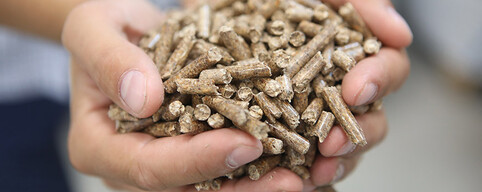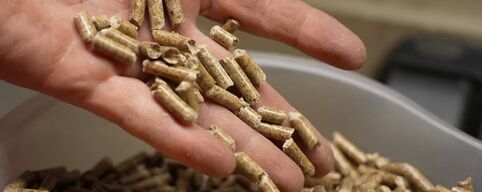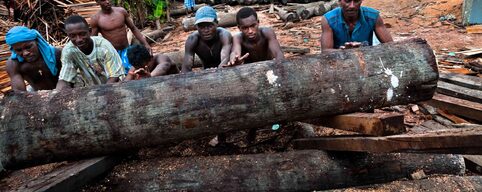

The discussion about the competition between biomass and food production is a multifaceted debate that raises various economic and moral questions. The pricing of energy and food is at the center of the controversy. One farmer recounts his experience of using wheat as a heating fuel in the past in order to survive economically. This practice led to internal conflicts, as grain should primarily be used for food and not for energy.
The tension between the use of biomass for energy purposes and food production remains a hotly debated topic. The use of food crops for energy production can influence food prices. In particular, when crops are processed into fuels, conflicts arise between meeting energy needs and ensuring food availability at affordable prices. The moral question of whether it is justifiable to use potential food for energy production remains open and is constantly being reignited.
One farmer described his forced pragmatic decision to use wheat to heat his farm. This measure presented him with moral challenges, as he needed his resources for both subsistence and heating. In such scenarios, economic necessity and ethical considerations come into conflict, which shows how complex the issue really is.
The so-called plate-tank debate is often perceived as hypocritical. Critics often fail to take into account the complex economic realities that farmers face. They often have to make tough decisions that can make or break their business.
A master locksmith reports on his decision to use logs as heating material, which he obtains from his own production. This in-house production offers him not only a certain degree of self-sufficiency, but also financial relief. However, this can also harbor potential for conflict, as regulatory measures from the authorities can often represent a barrier. This independence shows the desire of many for individual energy supply and raises the question of the extent to which state regulations can or should stand in the way of individual decisions.
The decision to heat with one's own wood is often made independently of expert opinions on whether it should be classified as organic or CO2-neutral. Users of these forms of heating are often distanced from the reality of regulations and theoretical discourse, which leads to frustration, especially when expert opinions are perceived as arrogant and discrepant.
Finally, a general dissatisfaction is reflected in the social debate on sustainable energy sources. The balancing act between individual freedom of choice and state regulation is causing tension and resentment. Many people take a critical view of the debates, which often do not reflect the reality of their lives and offer them few tangible solutions.



